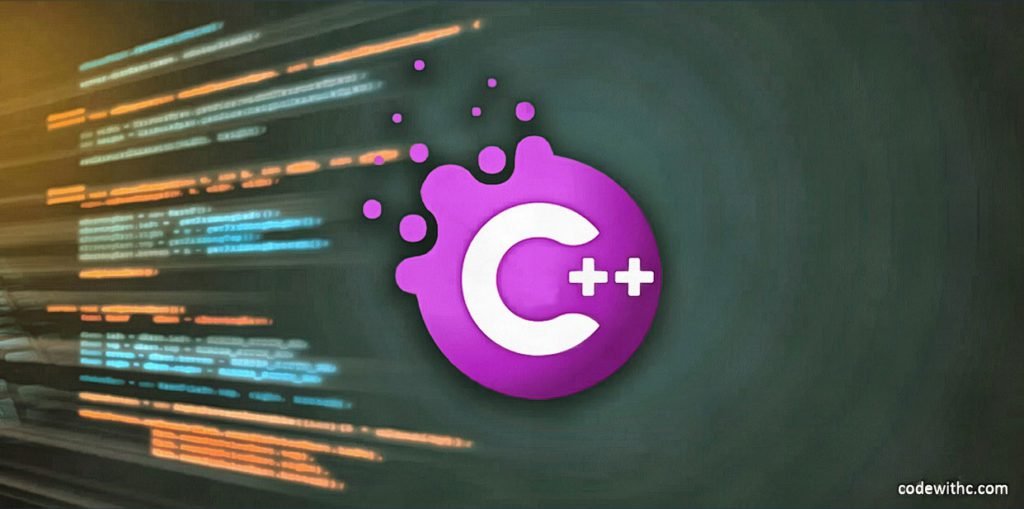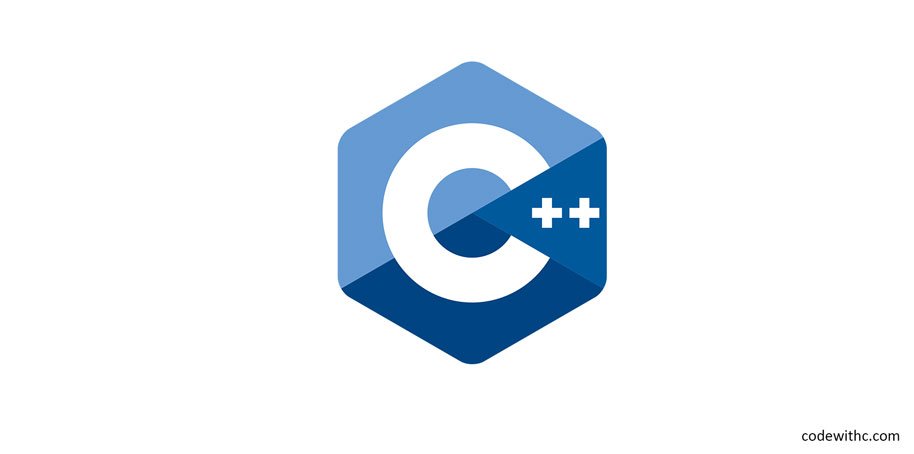The Basic Single-Threaded Memory Allocator in C Programming is an advanced topic in C programming. The purpose of this article is to describe the Basic Single-Threaded Memory Allocator in C Programming.
The Single-Threaded Memory Allocator is an allocator that supports multiple threads in the same process. The thread-safe memory allocation of the Single-Threaded Memory Allocator is a simple lock-free mechanism. This means that multiple threads can safely access the same memory location without a race condition.

C Programming is a high-level computer programming language, which is one of the most popular programming languages around the globe. The Basic Single-Threaded Memory Allocator in C Programming can be applied to a variety of different programming languages.
Basic Single-Threaded Memory Allocator in C Programming: What are the different types of memory allocators?
There are two kinds of memory allocators:
- The first kind is the Dynamic Memory Allocator – When the application needs to allocate memory for data objects, it calls the dynamic memory allocator. The dynamic memory allocator returns the block of memory to the caller.
- The second kind is the Single-Threaded Memory Allocator.
- The Single-Threaded Memory Allocator is a special type of memory allocator, which allocates memory to the threads in the same process
- It is called the “static” memory allocator.
The Single-Threaded Memory Allocator has the following features:
- First, it guarantees that multiple threads will not access the same memory at the same time.
- Second, it allows multiple threads to access the same memory location without any kind of race conditions.
- Third, it allows multiple threads to allocate memory at the same time.
This type of memory allocator is not limited to C programs. The Single-Threaded Memory Allocator can be used in any programming language.
What is the Basic Single-Threaded Memory Allocator in C Programming?
The Basic Single-Threaded Memory Allocator in C Programming is a thread-safe memory allocator. The Basic Single-Threaded Memory Allocator is the simplest of all memory allocators. When the application needs to allocate memory for data objects, it calls the Basic Single-Threaded Memory Allocator. This function returns a memory block to the caller.
In the C programming language, there are three functions that support the basic memory allocation of the Basic Single-Threaded Memory Allocator. All these functions are called malloc, calloc, and realloc. Below are the details:
- The malloc function is used to allocate memory for data objects.
- The calloc function is used to allocate memory for data objects, where the size of the block of memory is provided by the user.
- The realloc function is used to increase or decrease the size of a block of memory.
The Basic Single-Threaded Memory Allocator in C Programming provides a lot of benefits.
The benefits of the Basic Single-Threaded Memory Allocator are:
- The Basic Single-Threaded Memory Allocator is a lock free mechanism.
- This means that multiple threads will not have any kind of race conditions when they attempt to access the same memory location.
- It is a simple mechanism, which means that it can easily be integrated into other parts of the programming language.
- It can be used to allocate memory in the C programming language.
Why should I use the Basic Single-Threaded Memory Allocator in C Programming?
- The Basic Single-Threaded Memory Allocator is the simplest memory allocator.
- It is the simplest memory allocator in the C programming language.
- It is a lock free mechanism, which means that multiple threads will not have any kind of race conditions when they attempt to access the same memory location.
What is the Basic Single-Threaded Memory Allocator in C Programming?
- The Basic Single-Threaded Memory Allocator in C Programming is a thread-safe memory allocator.
- It is a thread-safe memory allocator.
- It is a simple mechanism, which means that it can easily be integrated into other parts of the programming language.
- It can be used to allocate memory in the C programming language.
Why should I use the Basic Single-Threaded Memory Allocator in C Programming?
- The Basic Single-Threaded Memory Allocator is the simplest memory allocator.
- It is the simplest memory allocator in the C programming language.
- It is a lock free mechanism, which means that multiple threads will not have any kind of race conditions when they attempt to access the same memory location.
Below the sample C program you a structure that will be used as a header for our memory allocations.
The MemoryAllocationHeader struct
struct MemoryAllocationHeader
{
void* pStart{ nullptr };
void* pNextFree{ nullptr };
size_t size{ 0 };
};
The size of the allocated memory in the size variable is stored in this struct, along with a pointer to the memory returned to the user in the pStart void* variable, The pointer at the next free block of the memory in a pNextFree.
The Overloaded new Function in program
void* operator new(size_t size)
{
MemoryAllocationHeader* pHeader =
reinterpret_cast<MemoryAllocationHeader*>(pMemoryHeap);
while (pHeader != nullptr && pHeader->pNextFree != nullptr)
{
pHeader = reinterpret_cast<MemoryAllocationHeader*>(pHeader->pNextFree);
}
pHeader->pStart = reinterpret_cast<char*>(pHeader)+SIZE_OF_MEMORY_HEADER;
pHeader->pNextFree = reinterpret_cast<char*>(pHeader->pStart) + size;
pHeader->size = size;
return pHeader->pStart;
}
The Overloaded delete Function
void operator delete(void* pMemory)
{
MemoryAllocationHeader* pLast = nullptr;
MemoryAllocationHeader* pCurrent =
reinterpret_cast<MemoryAllocationHeader*>(pMemoryHeap);
while (pCurrent != nullptr && pCurrent->pStart != pMemory)
{
pLast = pCurrent;
pCurrent = reinterpret_cast<MemoryAllocationHeader*>(pCurrent->pNextFree);
}
if (pLast != nullptr)
{
pLast->pNextFree = reinterpret_cast<char*>(pCurrent->pNextFree);
}
pCurrent->pStart = nullptr;
pCurrent->pNextFree = nullptr;
pCurrent->size = 0;
}







